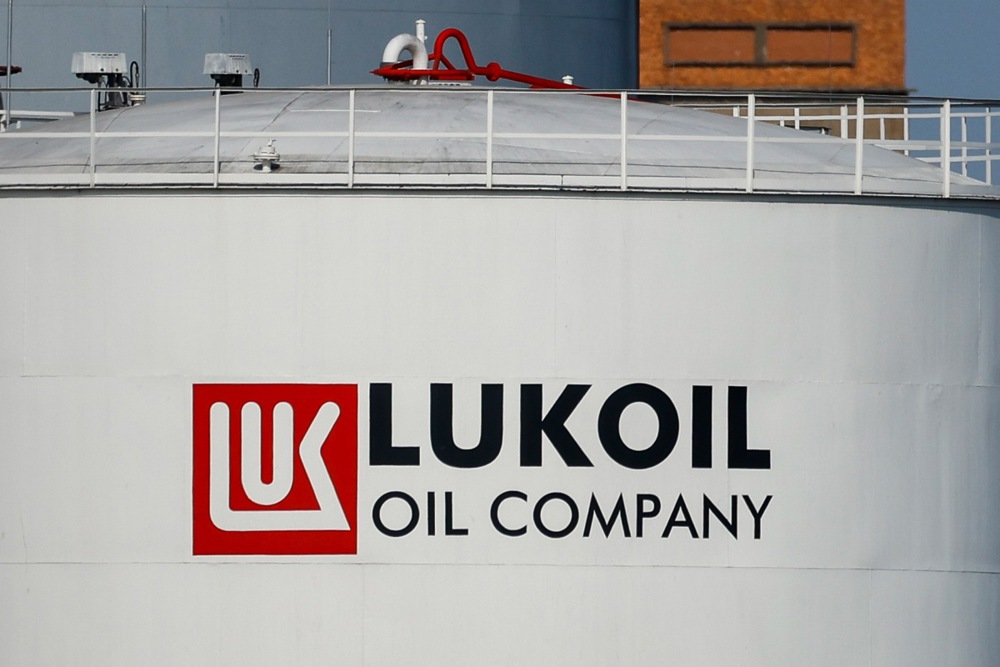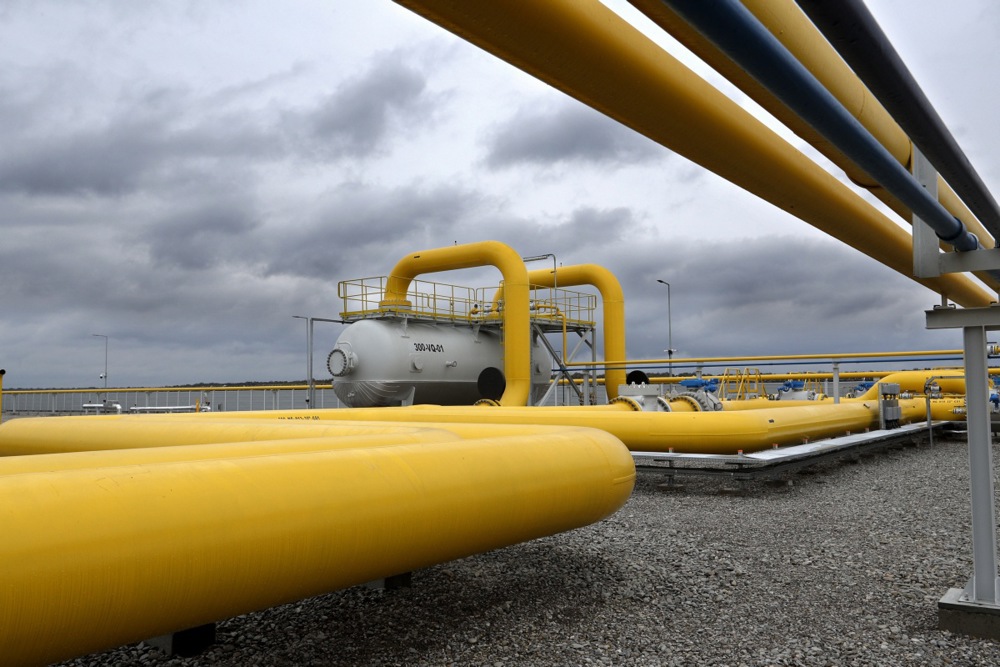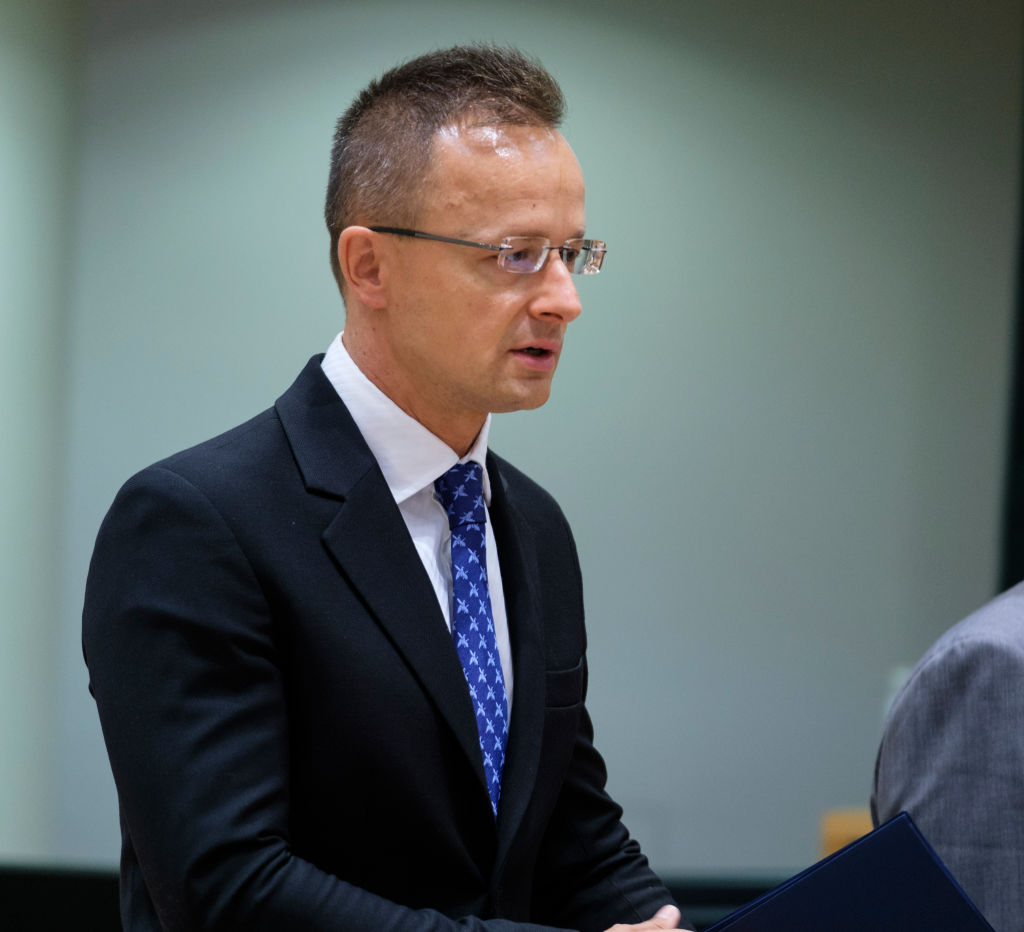The European Union and 12 partner nations gathered in Brussels on September 24 to assess the impact of Western sanctions on Russia. At the meeting, they also looked into ways to strengthen the G7 price cap on Russian oil, according to the European Commission.
In collaboration with the EU, the G7 imposed a price cap in late 2022, limiting access to Western shipping services and insurance for oil purchases exceeding $60 per barrel. The aim was to curtail Moscow’s financial capacity to sustain its war in Ukraine.
Its effectiveness has diminished since late in 2023, as Russia established a “shadow fleet” of hundreds of tankers, with backing from third-party nations. In response, the EU and Western powers began sanctioning vessels directly, attempting to bring the trade back under control.
Despite these efforts, EU countries and others in the West have continued indirectly to buy Russian oil, primarily through countries such as India, which refines and resells it at a premium.
David O’Sullivan, the EU’s sanctions chief, stated: “This is our fourth meeting in Brussels … there’s still much to do, and now we must focus on relentless enforcement.”

The commission further reported that Russia has allocated almost half of its federal budget to defence and security and it was now paying over 130 per cent more for semiconductors and more than 300 per cent extra for machinery tools via Turkey and China than before its full-scale invasion of Ukraine in 2022.
The European Union’s efforts have also rerouted European pipeline gas to countries including China, which has ultimately benefited from the Western sanctions aimed at Moscow.
O’Sullivan recently indicated that the EU was considering targeting specific financial institutions and the transit of goods from South East Asia via China, reportedly being used by Russia’s military.
More than two years into the war in Ukraine, sanctions have taken a toll on the EU’s economic strength. Now, the same political and economic leaders behind these measures have proposed a financial bailout that could result in substantial debt for the rest of the bloc.
In addition, the EU is planning to expand its membership to 35 countries within the next five years, as envisioned by the previous European Commission.
Russia is trying to knock out Ukraine’s energy infrastructure ahead of the winter to leave it dark and in the cold, the European Union’s foreign policy chief Joseph Borrell has said. https://t.co/iyH1PtaOEB
— Brussels Signal (@brusselssignal) September 24, 2024





